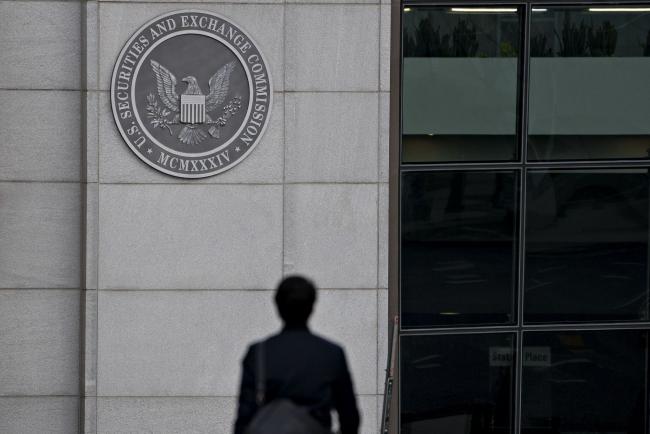(Bloomberg) -- Cassava Sciences (NASDAQ:SAVA) Inc. plummeted 30% on Wednesday after a lawyer sought to stop studies of the biotech company’s experimental treatment for Alzheimer’s disease.
A citizen petition from a former Securities and Exchange Commission enforcement lawyer questioned the quality and integrity of the results from the over 20-year-old company with no products on the market.
“As a science company, we champion facts that can be evaluated and verified,” Remi Barbier, Cassava’s chief executive officer and founder, said in a statement countering the claims in the request.
The stock had rallied more than 1,080% this year, gaining momentum on day trader enthusiasm for the space following the approval of Biogen Inc (NASDAQ:BIIB).’s Aduhelm, the first new drug approved for the brain disease in over a decade as well as Cassava’s own trial results.
Lawyer Jordan Thomas of Labaton Sucharow alleged that some of the company’s results appeared to show signs of data manipulation, which Cassava denies.
In response to the allegations Mayank Mamtani, an analyst with B. Riley Securities, recommended investors buy Cassava shares on weakness, seeing as the U.S. Food and Drug Administration has already reviewed the company’s data.“To our knowledge, citizen petitions are commonly associated with public endorsement (or lack thereof) of drug effects from experts and medical associations, rather than from law firms representing anonymous clients without disclosing conflict of interest,” he wrote.
In February, Cassava said its experimental tablet, called simufilam, showed improvement in reasoning and behavior in a trial with less than 100 patients and without a control arm to gauge the impact of a placebo. That came after a data snafu whipsawed the stock last year when Cassava first reported a mid-stage study of simufilam had failed, but was later re-analyzed by a different lab which showed improvements in some biomarkers.
On Tuesday, the company reached an agreement with U.S. regulators on the trial design for a much larger study which is expected to kick off this year.
The petition could have some valid points, said Soumit Roy, an analyst with JonesTrading who has the highest price target on Wall Street at $215. But it is also potentially “over-interpreted with excessive digital analysis of figures published 15+ years ago,” he writes in a note to clients.
“Several of the scientific articles brought into questions were published in reputed journals with rigorous peer review process. We would direct readers to Cassava to get finer details around each published figure,” Roy said.
Bearish bets against the company have risen from a February low and now stand at $576 million, or roughly 13% of the company’s available shares, according to S3 Partners data.
Austin, Texas-based Cassava didn’t respond to requests for comment.
(Adds details in sixth paragraph, updates shares throughout)
©2021 Bloomberg L.P.

